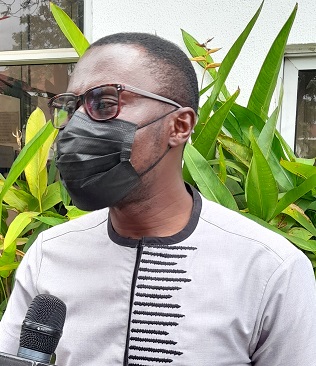Don’t delay payment of LEAP grants to beneficiaries – SEND Ghana

The Deputy Director of SEND Ghana, Dr. Emmanuel Ayifah, has appealed to the government not to delay the payment of cash grants to beneficiaries under the Livelihood Empowerment Against Poverty (LEAP) programme.
He said the “consistent delay” in payment of the grant was worsening the plight of the beneficiaries hence government must take urgent steps to settle all arrears for 2021.
Dr. Ayifah, speaking in an interview with The Spectator, said there were delays in payment of the grant in January 2021 and that payments starting from April to August 2021 were still in arrears.
He said that, as a result of the delay in payment, some beneficiaries had resorted to borrowing, which was not “appropriate considering the financial standing of these vulnerable persons.”
“In 2019, SEND Ghana made a similar appeal to the government to pay the beneficiaries on time and our call was heard but, unfortunately, this same trend is occurring this year.
“The GH¢ 64 paid per household is already insufficient and the delay is worsening their plight. Some of them continue to live on the benevolence of others and this is a problem,” he noted.
For effective social protection delivery, Dr. Ayifah said government should, in the 2022 Budget Statement and Economic Policy, consider establishing a fund to support and sustain social protection programmes.
“Apart from LEAP, it is important to provide funding for other social protection programmes in general. When the fund is established, other persons in the private sector may contribute to it just as they did for the COVID-19 fund,” he added.
Dr. Ayifah again identified lack of comprehensive data as one of the reasons social interventions did not reach “the right beneficiaries.”
He said available data indicated that there were 2.7 million extremely poor persons in the country but beneficiaries of social intervention policies such as LEAP were fewer than this figure.
He, therefore, urged the government to “focus on completing the Ghana National Household Registry” so there would be a comprehensive data on the number of poor persons in the country.
“Only five out of the 16 regions have complete data in the Registry. This means we are left with a lot more to be done,” he said.
SEND Ghana wants the Ministry of Gender, Children and Social Protection to fast-track passage of the social protection bill so that issues regarding social interventions and social protection could be effectively managed.
By Ernest Nutsugah















